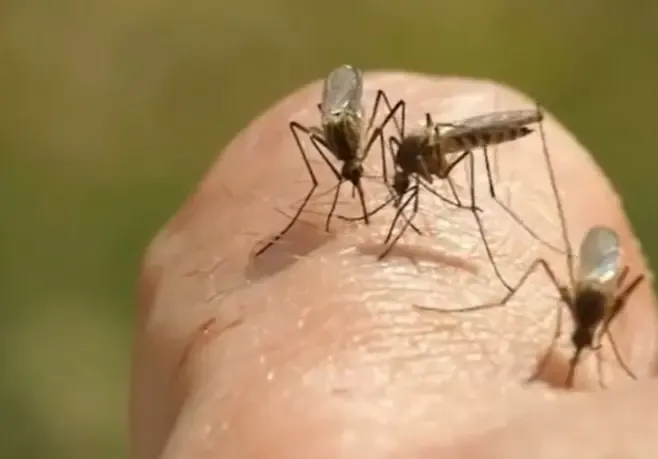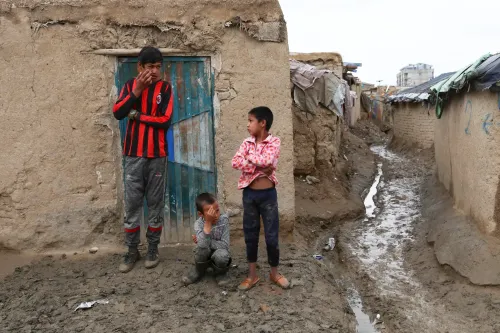Two Men Hospitalized in Australia Due to Mosquito-Borne Illnesses

Synopsis
Key Takeaways
- Two hospitalizations reported in Queensland, Australia.
- An elderly man contracted dengue fever despite vaccination.
- A middle-aged man is hospitalized with Japanese Encephalitis Virus.
- First confirmed cases of these viruses in years.
- Health authorities issue warnings in eastern Australia.
Sydney, Jan 17 (NationPress) Two men from the northeastern region of Queensland in Australia have been hospitalized due to rare and potentially life-threatening mosquito-borne illnesses.
An elderly resident from Townsville, located more than 1,000 km northwest of Brisbane, has been admitted with dengue fever, despite having received a vaccine against it. This incident marks the area's first breakthrough case in five years, as reported by the Australian Broadcasting Corporation (ABC) on Friday.
Simultaneously, a middle-aged man from Townsville, who had recently visited southern Queensland, is hospitalized with Japanese Encephalitis Virus (JEV). This is the first confirmed human case of JEV in Queensland since 2022.
Steven Donohue, Director of the Townsville Public Health Unit, informed reporters on Friday that both individuals are currently in stable condition. He noted that the elderly man was particularly unfortunate, as local mosquitoes in the Townsville area possess a bacteria that inhibits the transmission of dengue fever.
Mosquito samples from the area where the elderly man was bitten have been collected for further analysis, according to Xinhua news agency.
Dengue fever and JEV are both types of flavivirus that can be fatal in rare instances.
Health authorities in eastern states such as New South Wales and Victoria have issued warnings regarding JEV in January after detecting it in local mosquito populations.
The Victorian health authorities, in particular, issued a high-risk warning at the beginning of this year after identifying a human case of this deadly mosquito-borne virus.
According to the World Health Organization, severe clinical illness occurs in approximately one in 250 infections with the JE virus, which can lead to a rare brain infection resulting in seizures, hearing or vision loss, paralysis, or even death.
The alert from the Victorian Department of Health indicated that residents and visitors to communities along the Murray River in northern Victoria may be at an increased risk of infection.
It also highlighted that young children aged five years and under, as well as the elderly, are at a higher risk of developing severe symptoms if infected with the JE virus.









